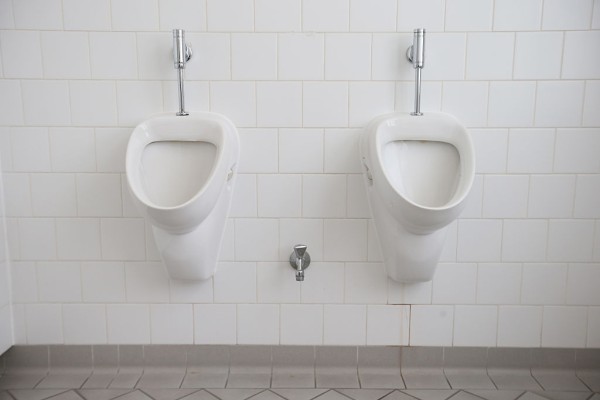To improve accommodations and services for tourists, the China National Tourism Administration is pushing for the upgrade of public restrooms in the country, according to an article by China Daily.
On Sunday, Feb. 14, the tourist board released the revised draft that details necessary improvement to public restrooms particularly in tourist areas.
According to the draft, most of the facilities, such as Western-style toilets, free WiFi, ATMs, and even big screen televisions, will be completed and should be the general standard in the whole country by the end of 2016.
Aside from scenic spots, public restrooms in other areas such as train and bus stations, shopping malls, restaurants, and other entertainment zones will get a makeover.
Restroom facilities must also meet the AAA rating, the highest sanitary standard.
Clean and well-managed restrooms are integral to tourism development, according to Li Shihong, deputy director of the tourism administration. It will help shine the light on the whole city and not just its attractions.
"We will collect reviews and complaints from tourists, and those toilets that fail to provide proper service will be put on a tourism toilet blacklist," said Li in an interview with China Daily.
The tourism board also intends to make restroom facilities more convenient by allowing travelers to find nearby public toilets through the use of mobile applications.
China's three-year campaign started in January of 2015. It aims to build 33,000 restrooms and renovate 24,000 facilities across the country by 2017. For 2016, the government has allotted 1.25 billion yuan ($192,000) to fund the campaign.
Construction of restrooms has long been neglected in the country, with public restrooms equipped with unfamiliar squat toilets, among others.
Li Jinzao, head of the administration, said that public toilets have been improved since then. However, China is still lagging behind other countries.
"We have to admit that, compared with other countries such as Japan, we still have a lot of work to do," said Li.
Once the facilities are renovated, local governments are encouraged to outsource it to private enterprises, which in turn can lead to public toilets also being service hubs.
"The building and management of clean tourism toilets is not only the job of governments, but also the duty of citizens," Li said. "A tourists should use the toilets with good manners."


